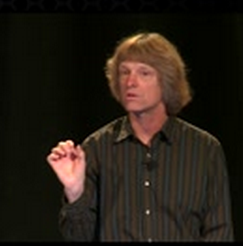Convenient Constructs For Stepping Through a Range of Values -- Mikhail Semenov
A timely article, as there has been an extensive flurry of discussion within the committee over the past weekend about defaults for the ranged for:
Convenient Constructs For Stepping Through a Range of Values
by Mikhail Semenov
From the article:
In this article, the following loops are proposed:
for (auto x : step(start, count, step-width)) { ... } for (auto x : step(count)) {...} for (auto x : step_backward(count)) {...} for (auto x : step_to(start, finish, step-width)) {...} for (auto x : step_until(start, finish, step-width)) {...}They are based on the C++11 for-range loop. In order to write such loops, the appropriate functions
step,step_backward,step_toandstep_untilhave to be implemented. The article shows their implementation, discusses advantages of such loops and includes the benchmark results.

 You are a student? Look at this:
You are a student? Look at this: While we wait for CppCon 2015 in September, we’re featuring videos of some of the 100+ talks from CppCon 2014. Here is today’s feature:
While we wait for CppCon 2015 in September, we’re featuring videos of some of the 100+ talks from CppCon 2014. Here is today’s feature: